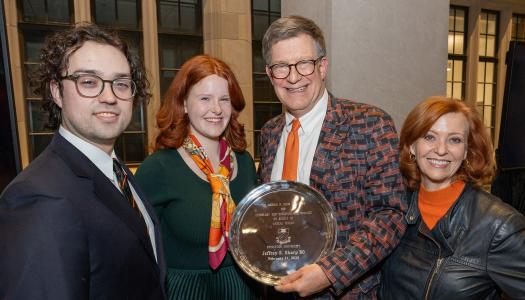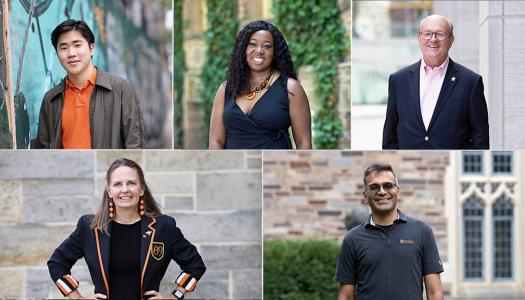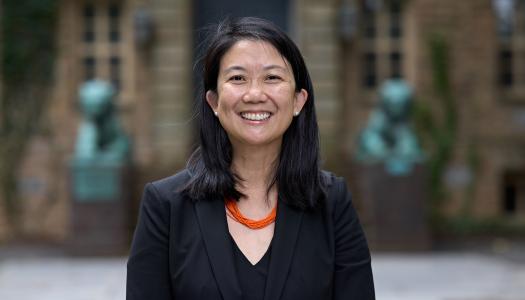Annual Giving campaign: ‘A force for progress’ that grows stronger every year
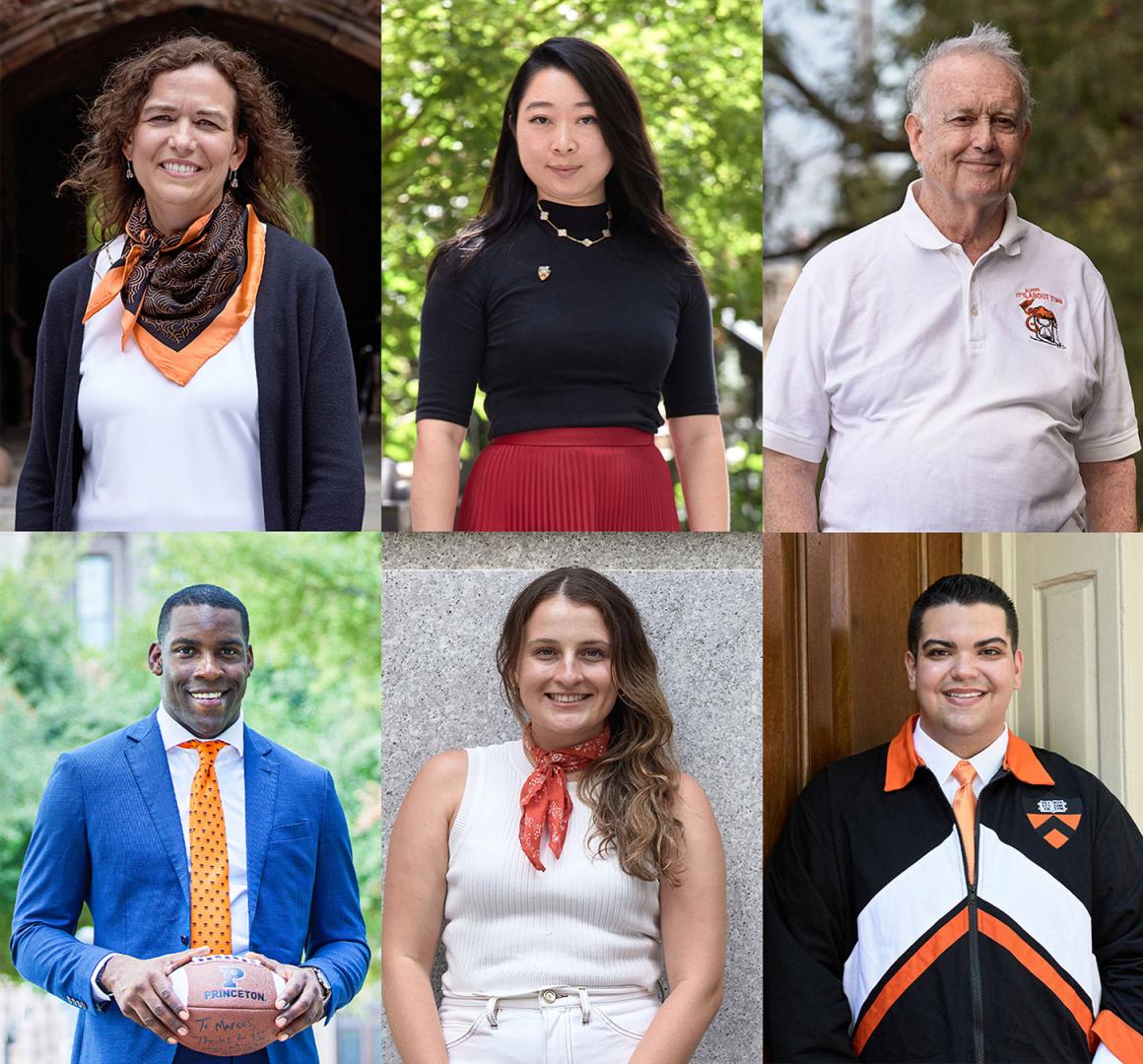
The first Annual Giving campaign in 1940-41 was relatively modest, at least by today’s standards. About 18 percent of Princeton’s alumni participated and they combined with other friends of the University to raise $80,000. According to “The New Princeton Companion,” by Robert K. Durkee ’69, participants that first year included members of the Class of 1865, and the spirit of the campaign was established by gifts that ranged from the proceeds of one donor’s recently published short story to the resale value of two football tickets to the Tigers’ game against Yale.
At the end of the campaign, President Harold Dodds *1914 told the campaign volunteers that they had “started something which may well grow to be the most effective force for progress at Princeton.”
President Dodds could not have known then how correct his prediction would ultimately become. The unrestricted gifts raised by Annual Giving give the University nimbleness and flexibility to help maintain Princeton’s “margin of excellence.” The campaign brings together Princetonians of all generations so that current and future students have an extraordinary educational experience that lasts a lifetime.
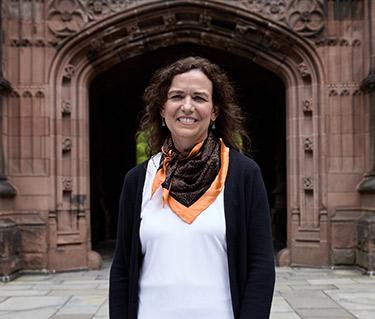
“When I walk around East Pyne today, I still feel the same sense of excitement and curiosity.”
When Mary Poteau-Tralie *91 first visited Princeton, she immediately felt at home. “Everywhere I turned, I saw places that made me want to sit down and read,” said Poteau-Tralie, who earned her Ph.D. in Romance languages and literatures and now is a professor at Rider University. “My mother sowed the seeds early that reading and learning were the keys to a life worth living, and I feel an urgency to support the effort to keep learning alive in places like Princeton.”
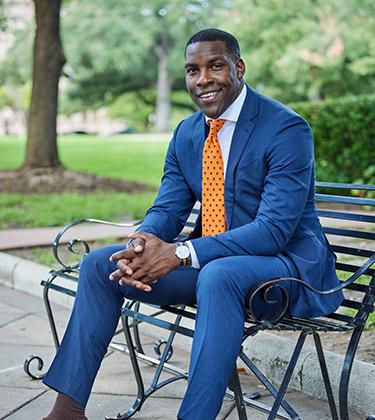
“Princeton has created so many meaningful relationships and opportunities for me.”
Marcus Stroud ’16 co-founded a venture capital firm, but growing up, his family life had been turned upside down after the 2008 financial crisis. “Princeton showed me that it doesn’t matter where I came from, doesn’t matter what I did or didn’t have, this place was going to be great if I gave my best,” said Stroud, who played football. He participated in Annual Giving upon receiving his first paycheck. “I will never be able to repay what the University has done for me, but I can be part of that cycle of opportunity for the next person.”
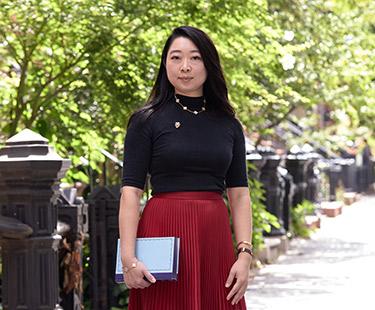
“Princeton completely transformed me from a student to a scholar, and into the professor and mentor I am today.”
When Olivia Loksing Moy ’06 was a senior, her thesis adviser — renowned Chaucer scholar John Fleming *63 — met her weekly on the chapel steps or the McCosh lawn to read aloud each sentence of her thesis. “I couldn’t believe someone on his level would bestow that level of attention on me or my work,” said Moy, an English professor at the City University of New York’s Lehman College in the Bronx. “Princeton is a magical place: I realized that I had absorbed those examples of generosity, of how to ‘gladly lerne, gladly teche.’”
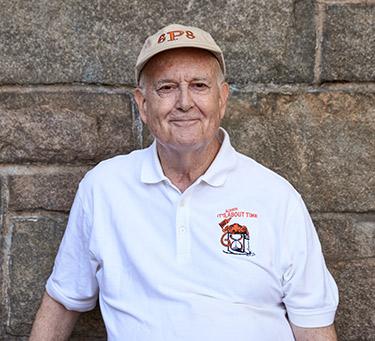
“I’m so proud that no student ever says, ‘Oh, I would have gone to Princeton, but I couldn’t afford it.’ I think it’s wonderful that they can go and not worry about the cost.”
Campus conjures fond memories for Clint Padgitt ’68, a Lutheran pastor: Lourie-Love Hall, the “brand-new” dorm he moved in to as a freshman; playing jazz saxophone on the weekends; the professors who were friends as well as mentors. But what he likes even more are the changes: “I was in one of the last classes at Princeton that was all male,” Padgitt said. “Now there’s such wonderful diversity when I visit, students from every background. It looks more like our country now.””
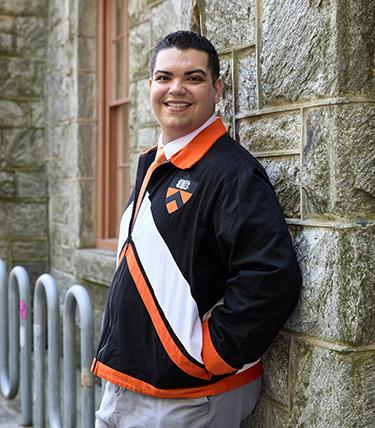
“I want more first-generation students to be able to come to Princeton and receive an unparalleled education, debt free.”
Princeton opened doors for Brandon Flora Dunlevy ’21 that he never imagined when he was growing up in rural western Pennsylvania. His first plane ride ever — to Portugal — was part of a Princeton internship, and his interests were piqued by dedicated professors, ultimately pointing him towards doctoral work and a career in academia. “For me and for a lot of my friends at Princeton, we don’t really feel whole until we are giving to other students what we’ve been given,” he said.”
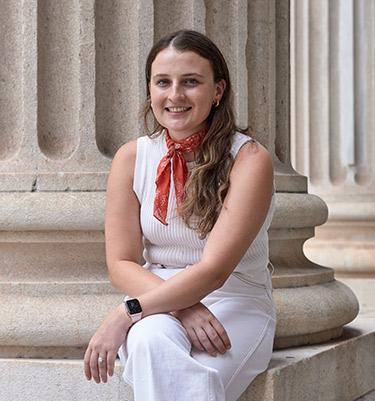
“I don’t think anything’s changed my life quite as much as being a student-athlete at Princeton.”
For Amanda Rutherford ’17, being part of the Princeton women’s rowing program was the ideal training ground for life. “Rowing attracts people who don’t ever want to quit,” said Rutherford, a clerk for the U.S. Court of Appeals for the 4th Circuit in Virginia. “And competing at Princeton taught me how to be committed, how to take feedback, and how to work towards goals.” Annual Giving is her way of paying it forward, to honor “all the great people who’ve come before me,” and ensure that future students enjoy even more opportunities.”
Unrestricted gifts to Annual Giving go directly into the University’s operating budget for the benefit of Princeton’s students, faculty and programs. These flexible funds from undergraduate and graduate alumni, parents and friends allow the University to seize new opportunities, respond to unexpected challenges, and support a pioneering financial aid program that makes a Princeton education possible for all admitted students. The 2022-23 Annual Giving campaign concludes June 30, 2023.
